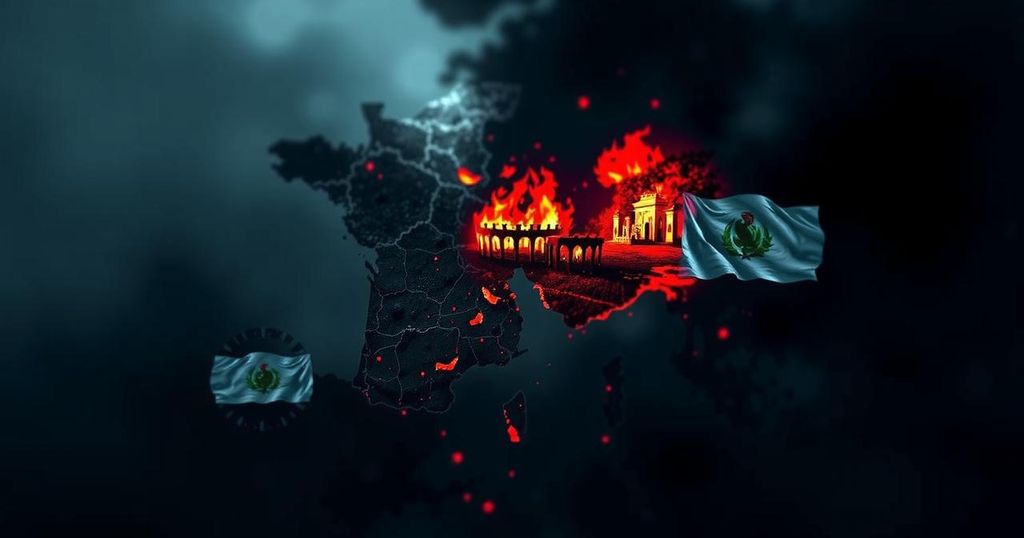Iran is proposing to limit its uranium enriched to 60 percent purity as Western nations push for a resolution condemning its nuclear activities. This offer is seen as a strategic move to counteract Western criticism while highlighting the ongoing tensions regarding Iran’s compliance with the IAEA and its nuclear program.
Iran is attempting to thwart a Western initiative aimed at passing a resolution against it at the International Atomic Energy Agency (IAEA) meeting by proposing to limit its uranium stockpile to near weapons-grade levels. According to confidential IAEA reports, Iran has offered not to increase its stock of uranium enriched to 60 percent purity, which is close to achieving the weapons-grade level of approximately 90 percent. This proposal, however, is contingent upon the cessation of Western efforts to adopt a resolution criticizing Iran’s lack of compliance with the IAEA. Iran’s Foreign Minister, Abbas Araqchi, expressed concerns to French Foreign Minister Jean-Noel Barrot that the push for a resolution from France, Germany, and Britain would hinder progress made in discussions between Iran and the IAEA. The reports corroborate that talks regarding Iran’s uranium stockpile took place during IAEA Director Rafael Grossi’s recent visit to Iran, during which it was confirmed that Iran is implementing measures to limit its enrichment effectively. Nevertheless, Western diplomats view Iran’s overture as a tactic to postpone accountability, pointing out that commitments made previously have often gone unfulfilled. Iran intends to restrict its uranium enriched to 60 percent to approximately 185 kg, which is capable of being further enriched into enough fissile material for four nuclear weapons, although Iran asserts it does not seek nuclear arms. Additionally, Iran has hinted at allowing more IAEA inspectors into the country after initially restricting access. A resolution supported by key Western nations condemning Iran’s non-compliance is expected to advance, further complicating diplomatic efforts aimed at reinstating negotiations regarding its nuclear program, especially in light of changes in U.S. leadership expected in January.
The relationship between Iran and the IAEA has been tense, especially following the unraveling of the 2015 nuclear deal. Iran’s enrichment of uranium to near weapons-grade levels raises concerns regarding its potential development of nuclear weapons, prompting Western nations to seek resolutions that compel Iran to cooperate more transparently with the IAEA. This delicate diplomatic landscape is compounded by the shifting political climate in the United States, particularly regarding how the incoming administration might approach negotiations with Iran.
In summary, Iran’s recent offer to limit its uranium stockpile represents a strategic maneuver in response to Western pressures for a resolution criticizing its nuclear activities. Diplomatic tensions continue as both sides navigate the complexities of negotiation, compliance, and international oversight. The impending resolution may significantly influence the trajectory of Iran’s nuclear ambitions and its engagement with global monitoring bodies.
Original Source: www.arabnews.com






